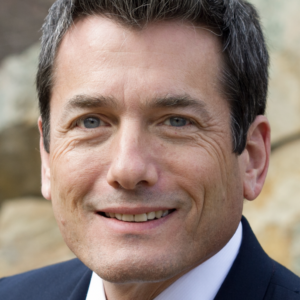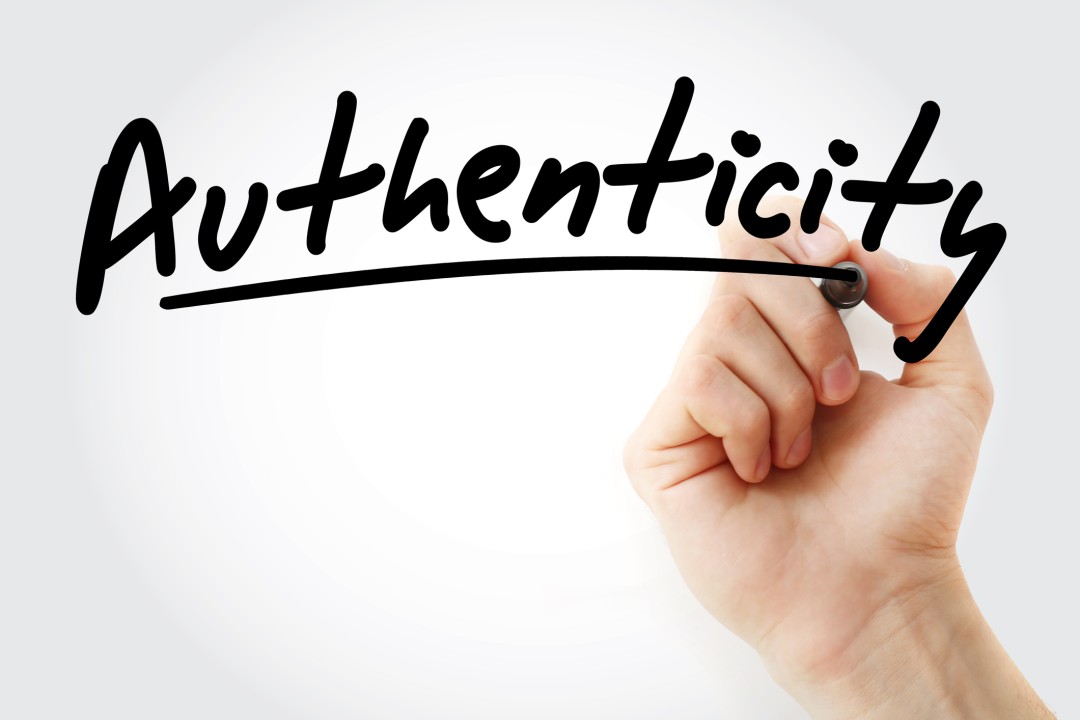“Let us turn our thoughts today to Martin Luther King”
–James Taylor, “Shed A Little Light”
Rev. Dr. Martin Luther King, Jr. would have turned 88 this weekend. A pivotal figure in American history, he is revered as an exceptional public speaker whose ideas and language helped effect real change in the world.
King was human and imperfect. He shot pool and was a fan of Star Trek. Concerns raised about plagiarism and his private life may have merit. He faced criticism from fellow activists and many others. I mention this to underscore that the power of words that he harnessed is not reserved just for perfect, mythical figures, but available to all of us mortals with hopes and fears.
As a child in school I was conscious of MLK for a few reasons. His work in the struggle for civil rights was a point of emphasis in the curriculum. And, our adjacent mid-January birthdays meant I often enjoyed a long birthday weekend. Only later did I learn of King’s connections to Boston, or begin to grasp his significance as a communicator.
Dr. King grew up in the verbal tradition of the southern black church and showed a gift for public speaking as early as his junior year of high school, when he won a speech contest sponsored by the Negro Elks Club in Dublin, Georgia. His charisma later helped him win election as student body president at theological seminary.
King lived in Boston’s South End as a doctoral student at Boston University in the 1950s, and ministered at the Twelfth Baptist Church in Roxbury. He drew from the history of greater Boston, including the Boston Tea Party and Thoreau’s Civil Disobedience, to shape his philosophy of activism.
In August 1963, MLK delivered one of history’s most famous speeches (“I have a dream…”) in Washington, DC. Drawing from many sources including scripture and Shakespeare, improvising and “voice merging”, he presented his vision of a more equal and just society. His use of rhetorical flourishes and powerful inflection had tremendous impact. “It will be a long time before [Washington] forgets the melodious and melancholy voice of the Rev. Dr. Martin Luther King Jr. crying out his dreams to the multitude,” wrote James Reston in The New York Times.
King’s efforts persisted and his impact grew; in 1964 he was honored with the Nobel Peace Prize. He returned to Boston in April 1965, leading a march from the South End to the Boston Common. “Now is the time,” he said. He addressed the Massachusetts state legislature on the topic of school segregation, calling for prompt action. Now is the time.
We know that tragically this champion of nonviolent activism was assassinated in April 1968, silencing the man but not his causes. As U2 commemorated, “they took your life. They could not take your pride.” Shortly after his assassination, Congress passed the Civil Rights Act, providing more equal opportunity for Americans. Others moved by Dr. King’s speeches and actions continue his work for change, and his legacy still grows.
To mark the 40th anniversary of “I Have A Dream”, words from the speech were etched on the Lincoln Memorial near where he had stood. At the 50th anniversary event in 2013, just 150 years after the Emancipation Proclamation, the crowd was addressed by our first African-American president, Barack Obama. At that time, Newton, MA, where in school I had first learned about Dr. King, was represented by black leaders as mayor, governor, and president. It seems obvious that was made possible largely through the power of King’s voice, and his unyielding efforts for opportunity and equality.
“By speaking the way he did, he educated, he inspired, he informed not just the people there, but people throughout America and unborn generations,” said activist and US Representative John Lewis.
“I Have a Dream” and MLK’s legacy show the potential for speech to change the world.
Jordan Piel is an Executive Communication Coach at The Speech Improvement Company.




